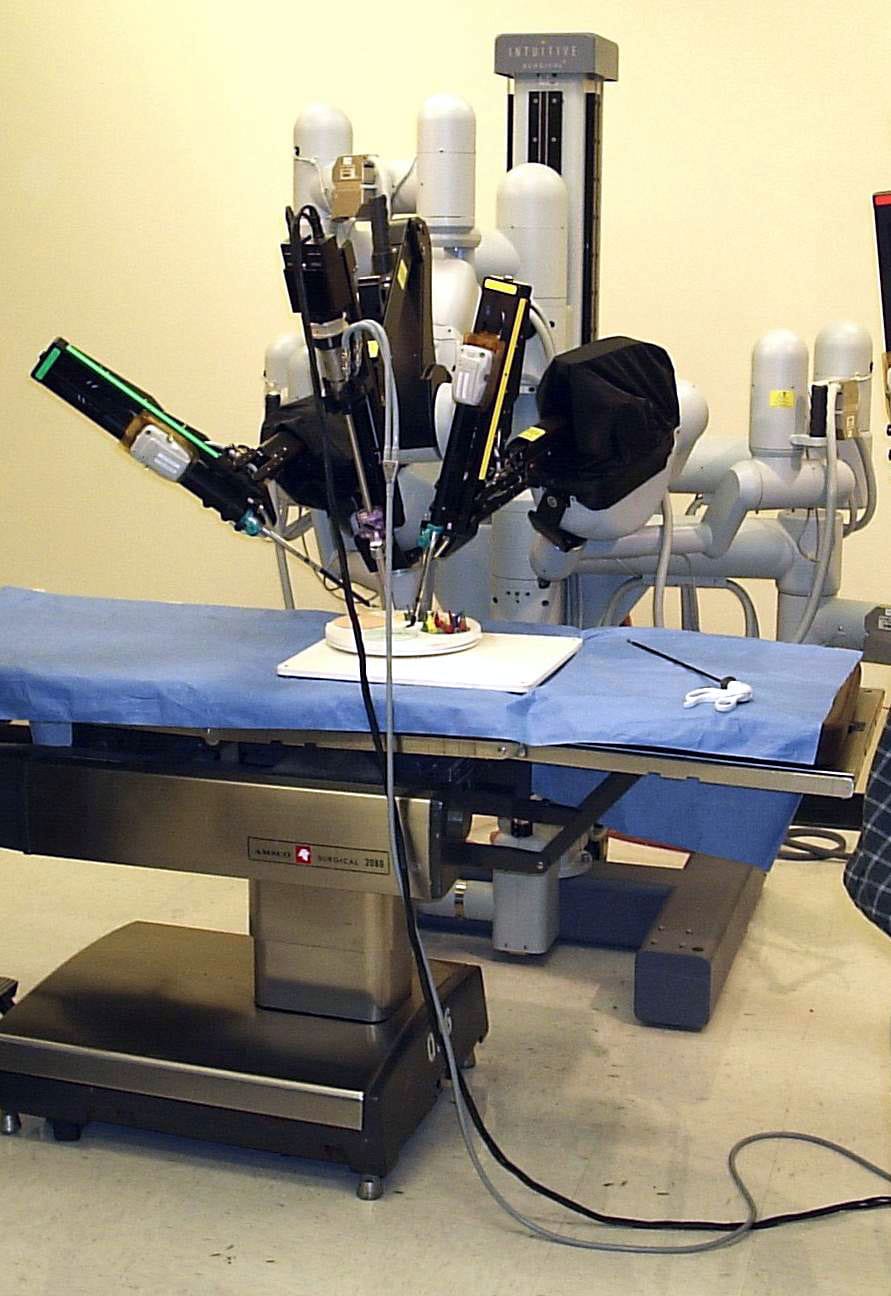
New Concerns About Robotic Surgery
When I underwent robotic surgery several years ago for prostate cancer, I was pleased. But new reports suggest that the robotic machines used during the surgery are causing issues–serious issues–for some patients. Take, for example, Erin Izumi who underwent robotic surgery for endometriosis at St. Joseph Medical Center in March 2009. Her surgery dragged on for 11 hours and resulted in a trip to the ER just 10 days after the surgery where doctors discovered that her rectum and colon had been torn during the operation. Her injuries resulted in a 5 week hospital stay, a series of surgeries to repair the damage, and a temporary colostomy.
Medical Device Manufacturers Fail to Report Adverse Incident
Medical device manufacturers and hospitals are required to report every device-related incident that occurs within 30 days to a database maintained by the Food and Drug Administration. Ms. Izumi’s case was apparently never reported to this database and the hospital declined to comment. The manufacturer stated that it had only found out about the incident following Ms. Izumi’s lawsuit, which settled in 2012. Unfortunately, a new study recently found that this wasn’t the only incident involving robotic surgeries gone wrong that have not been reported.
New Report Reveals Thousands of Incidents Related to Da Vinci Robotic Surgery Equipment
The new study published in The Journal for Healthcare Quality found that robotic equipment manufactured by da Vinci Surgery has been associated with thousands of mishaps between January 2000 and August 2012. In the vast majority of cases, the patient was not seriously harmed, but among the reports to the FDA were 174 injuries and 71 deaths. Furthermore, researchers at Johns Hopkins who conducted the study, were able to glean examples of botched operations not reported to the FDA, and conclude that robotic surgery complications were “vastly underreported”.
Da Vinci Equipment Linked to Aggressive Marketing Tactics, Inadequately Trained Doctors
The new study comes on the heels of reports that are critical of robotic surgery because of alleged aggressive tactics to market the equipment. The spread of da Vinci robotic surgery equipment has grown substantially since 2007, by 400%. Surgeons may feel pressure to adopt the equipment without adequate training or in the face of concerns that another procedure would be a better option. In fact, a 2010 study found that nearly 57% of anonymously surveyed surgeons had experienced irrecoverable operative malfunctions while using robotic equipment. Additionally, women appear to be at greatest risk of robotic surgery-related complications according to the new study; 43% of injuries were during hysterectomies and nearly one-third of deaths were related to gynecological procedures.







